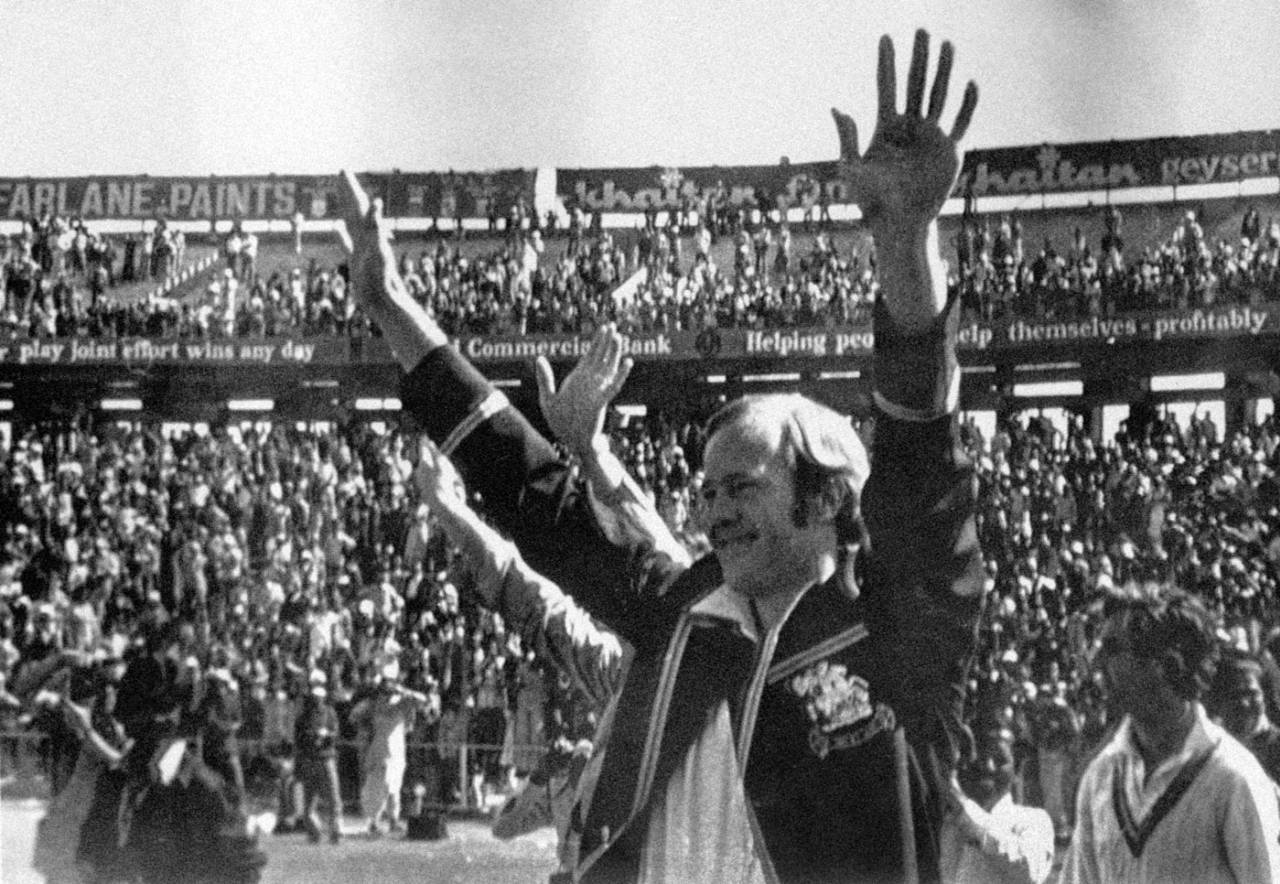Remembering Tony Greig, the allrounder
It's easy to forget that some popular commentators of our time were excellent cricketers before they took up the mike

Tony Greig: one of England's greatest allrounders • PA Photos
Stuart Wark works at the University of New England as a research fellow